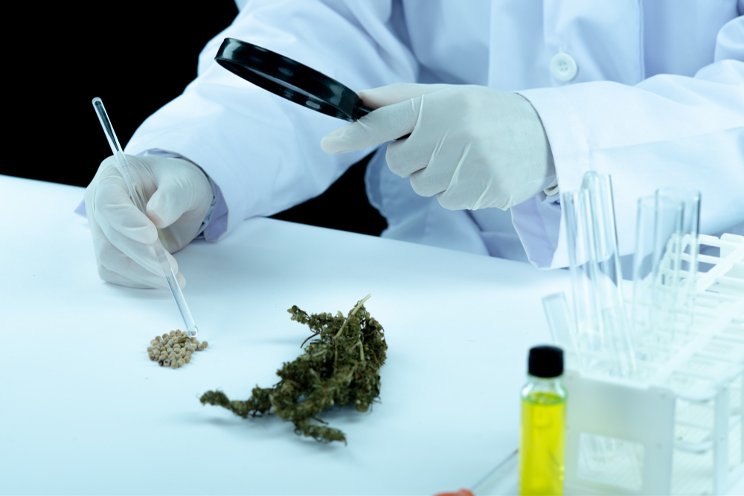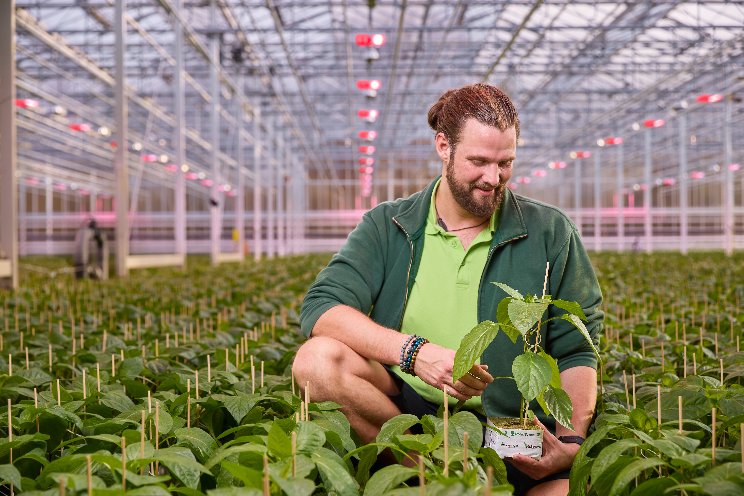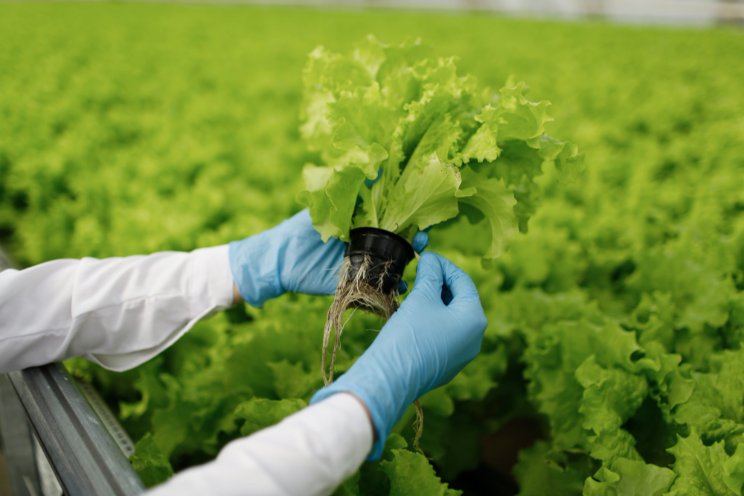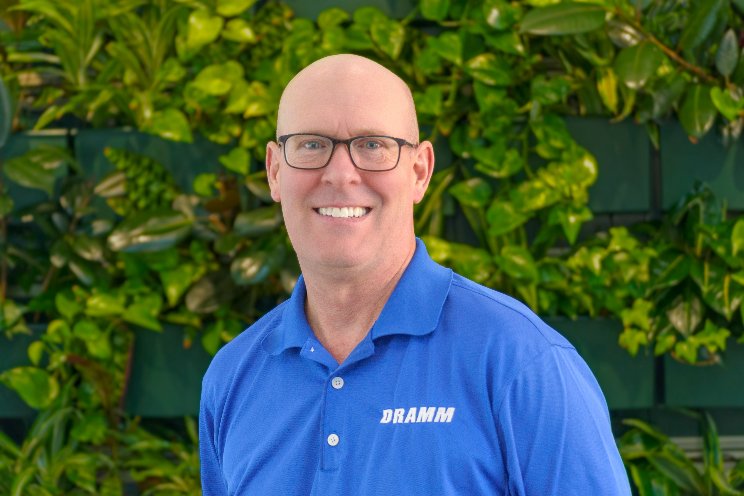Why clean cannabis matters
Added on 10 July 2023

All cultivation operations face the potential danger of biological contaminants such as mold, yeast, Aspergillus, E. coli, Salmonella, and other harmful pathogens. In most states where cannabis is legal, laws require products intended for distribution undergo microbial testing before entering the market. Shockingly, 10–15 percent of legal cannabis-flower tests fail to meet state colony-forming unit (CFU) limits. Failing microbial testing can have severe consequences for commercial growers, including lost revenue, expensive fines, liability litigation, reputation damage, and even the loss of their business license.
Consuming contaminated cannabis can lead to serious health problems. As the industry develops, additional regulations likely will evolve to incorporate more uniform standards with even more rigorous testing to guarantee the safety of both medical and recreational consumers. Customers also increasingly expect any legal products they purchase to meet a certain standard of safety and quality. Similar to our public assumption that food we purchase at grocery stores is safe to consume, we want to have confidence that legally grown and sold cannabis products also are safe.
The solution is cannabis remediation. Good manufacturing processes can solve most microbial challenges, but that alone can’t guarantee passing state regulations. Cultivators should take a proactive approach to remediating harmful microbial growth on everything they produce.
Putting biomass through a remediation or decontamination process can help ensure the end product will pass any existing and future microbial testing requirements and give cultivators complete confidence they are distributing only safe, clean products into the legal marketplace.
Continue reading.
Photo created by jcomp - www.freepik.com
More news















